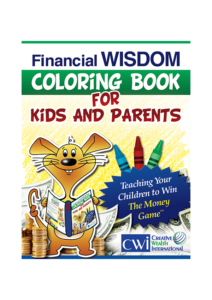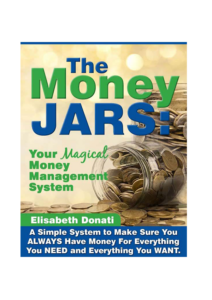The resounding answer to this question is “NO” they do not! Ask youself this simple question, “Did I need a credit card when I was young?” I’m pretty sure the answer will be another NO.
The next question I always here from parents is, “But our kids need to be developing credit, don’t they?” And my stern answer is, “They will develop credit organically, just like we did. We don’t need them to have to be responsible for more than they are capable of earlier than they need to.”
For lots of reasons, our kids are growing up earlier and earlier and my personal opinion is that it isn’t a good thing. Let’s let them be kids for a while longer. They are already exposed to sex and drugs and stress and busy parent’s lives and expectations well beyond their capabilities, why add one more unnecessary thing, especially one that carries with it so much shame, guilt and responsibility when done incorrectly..
The facts are pretty straight forward and I refrain from quoting figures and statistics but, ccording to this week’s (May 22, 2006) Time Magazine, in an article called, The ABCs of Money, by Wendy Cole, the average credit card debt of Americans ages 18 to 24 doubled to nearly $3,000! And even though 4 out of 5 of these kids have never had a single personal money management class in high school, the article stated more than half have ATM cards (looks like a credit card with training wheels to me) and more than half of the kids surveyed (5775) had already bounced a check!
I say, Where are the Parents in this scenario? Who’s taking responsibility for preparing our youth to not only handle money responsibly but build the wealth it takes to be financially secure and live life to its fullest? Who’s setting the example here for the whole nation? I know I can get a bit fiesy here but at some point we have to step in as parents and make sure, one way or another, that our kids learn how money works. Yet, even before they can do that, most parents admit to us that THEY don’t even have a clue. So, where do I go with the ‘setting the example’ thing? Straight to our government (which remember are simply people who are allowing us to be in debt way past our proverbial eyeballs) that’s where. And one things I stress the kids and adults I talk to now is that it’s our responsibility as citizens to start demanding balanced budgets. Afterall, if even our Uncle (Sam that is) can spend far more than he makes with little if any painful ramifications, why can the rest of us follow suit. Oh yeah, that’s right. We do!
So, let’s get b ack to the crazy notion that your kids NEED a credit card to esablish credit and my contention that they DO NOT. How are they going to establish credit then? Well, think back to how you and I did it?
Over time (high school and college hopefully but at least high school) they will buy bigger and bigger ‘things’ (we call this piddlycrap in our camps if it isn’t a passive income producing asset) and some of those things they can choose to buy ‘on terms’. In addition, most of them at one time or another in their 20’s (if not before) will buy a car and need to finance part of it. This is how WE slowly developed credit when we were young and it’s the best way for our kids to do while they are young.
Another thing you can do, if you must, is put your child on one of your existing credit card accounts–American Express for example. This way your child actually begins to have a little credit tied to his or her name. It’s important to call and talk to your credit card company in detail about this because they are all different.
And lastly, if you’ve absolutely decided that you have to give your child a CC, then take the time to educate them on interest (and remember, it’s compound interest working against them not for them), extra fees, two-cycle billing (ah, don’t know about two cycle billing? Email us and we’ll fill you in!). One of the most important things to get across to them is that they are spending someone else’s money and they must pay that person (cc company) back the amount they ‘borrowed’ plus a rental fee (interest) if they don’t pay it back in full each month. College kids are charging huge amounts of money and they aren’t making money to even begin to warrant the payments.
The second thing you must show them is how that interest they’ll be paying will add up over time and quickly at that. Show them how a simple item like a pair of $50 pair of jeans (if there is still such a thing) will end up costing them twice what they originally paid for them.
For more information, simply type in ‘credit card education’ into Google and you’ll be amazed at what comes up. Here’s a couple of great resources:
Beware of Student Credit Cards
If someone sent you this article and you’d like to read more interesting tips, trick and philosophy on money and life, sign up today for Elisabeth’s FREE Weekly E-Zine, Financial Wisdom with a Twist and FREE monthly teleseminars at UltimateAllowanceBook.com.




0 Comments